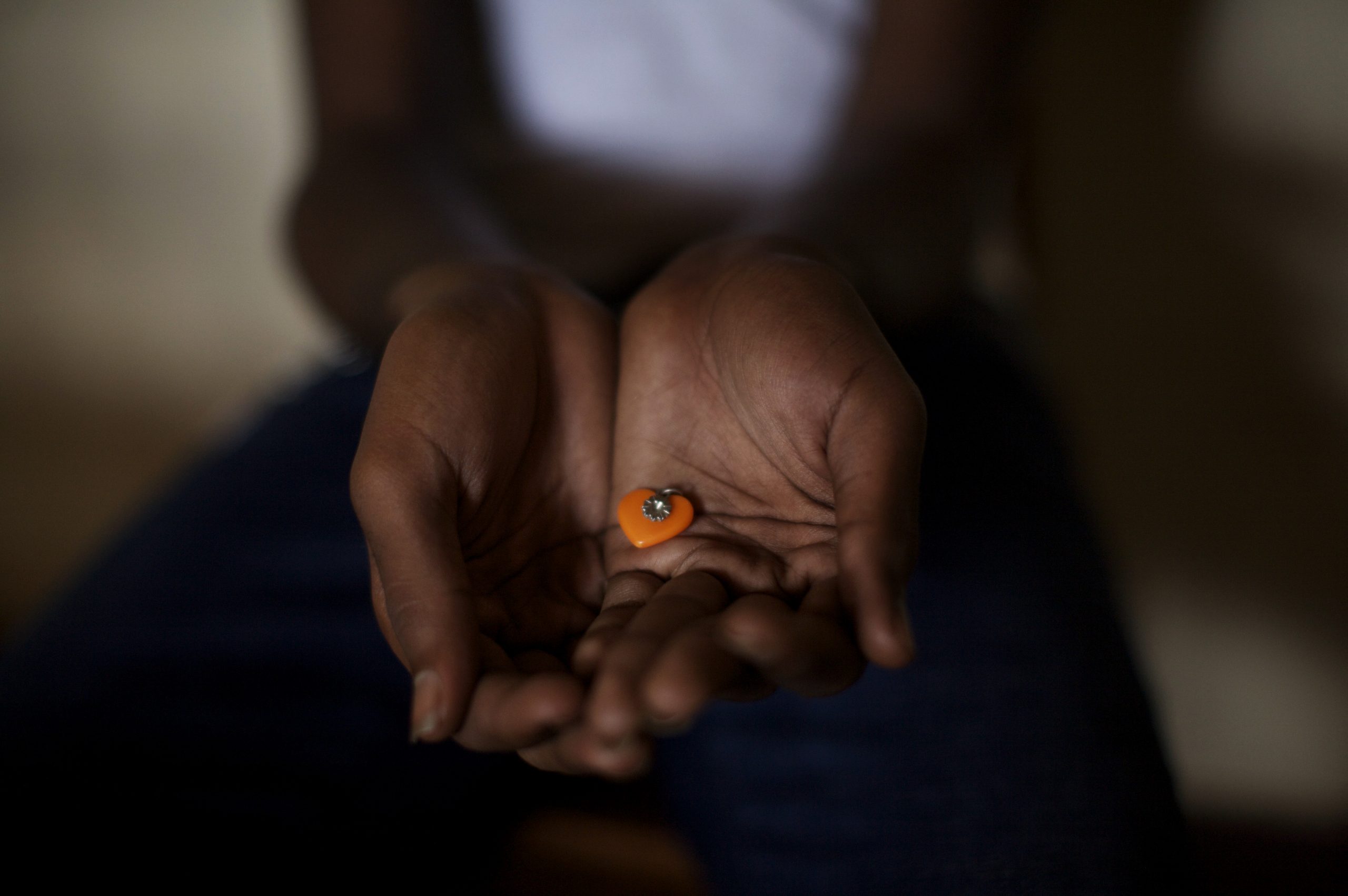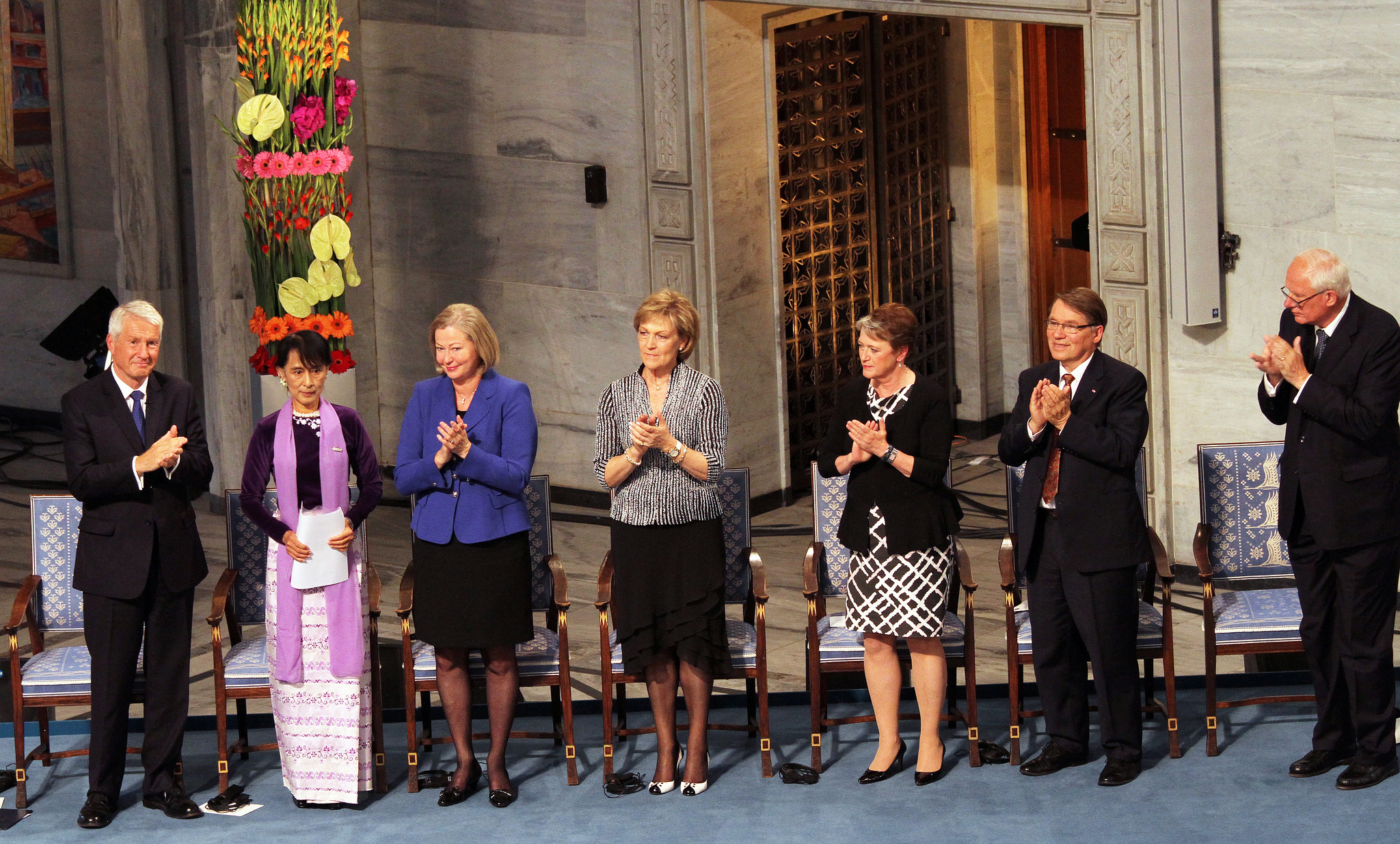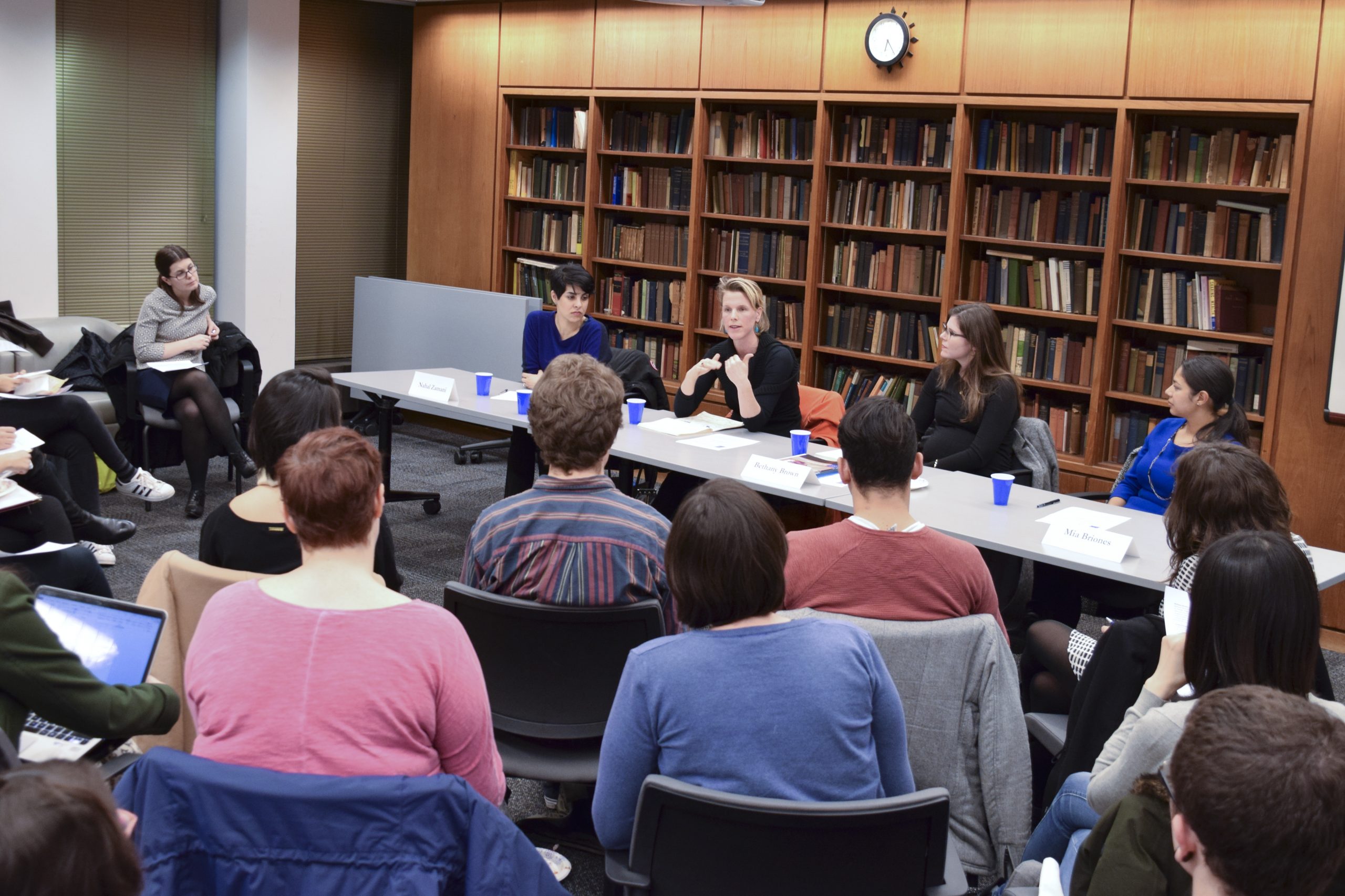
Freedom of Expression Under Threat
By Graeme Reid, director of the Lesbian, Gay, Bisexual and Transgender rights program at Human Rights Watch
Invisibility and stigma go hand in hand. "Coming out" became a central part of the gay liberation movement in the United States and Europe from the 1960s, a strategy adopted as a prerequisite for claiming rights. And in the late 1980s, in response to the AIDS crisis, ACT UP (AIDS Coalition to Unleash Power) adopted the slogan "Silence=Death," which became the rallying cry of a movement challenging silence and stigma. Globally, in the past three decades, there has been a rapid increase in queer visibility, facilitated by many factors including images and ideas circulating through the internet, interconnectedness among LGBT organizations and individuals, and the global response to HIV/AIDS.
As of 2017, the International Lesbian, Gay, Bisexual, Trans and Intersex Association (ILGA) has 1,228 member organizations in 132 countries. Yet visibility also comes with risks. As the visibility of sexual and gender minorities has increased, so too...


